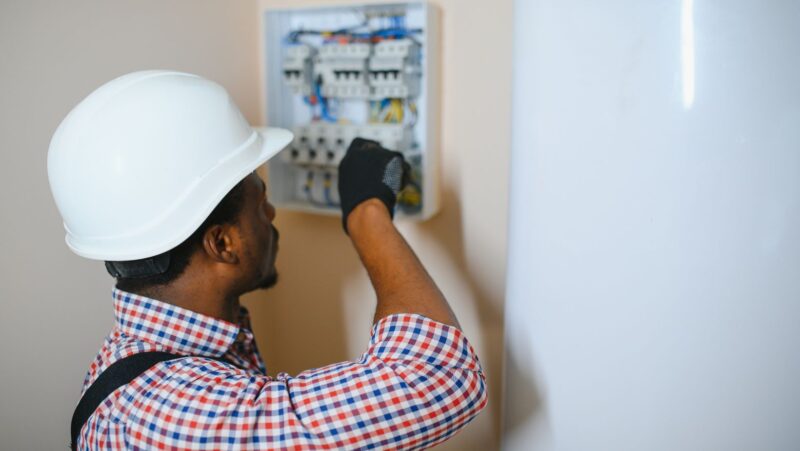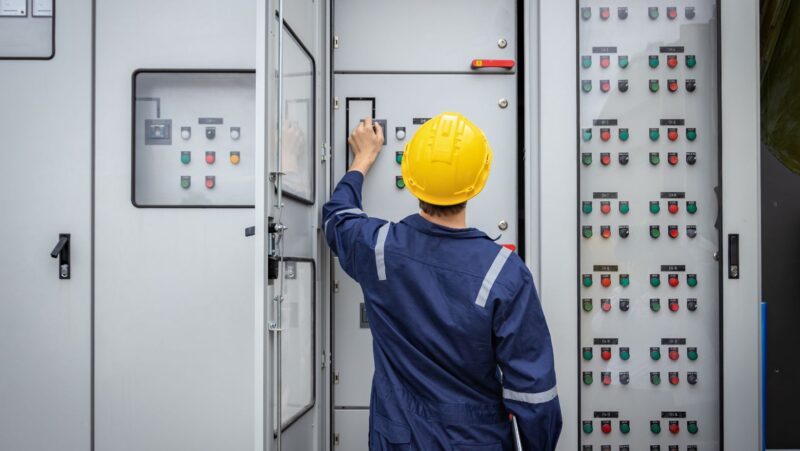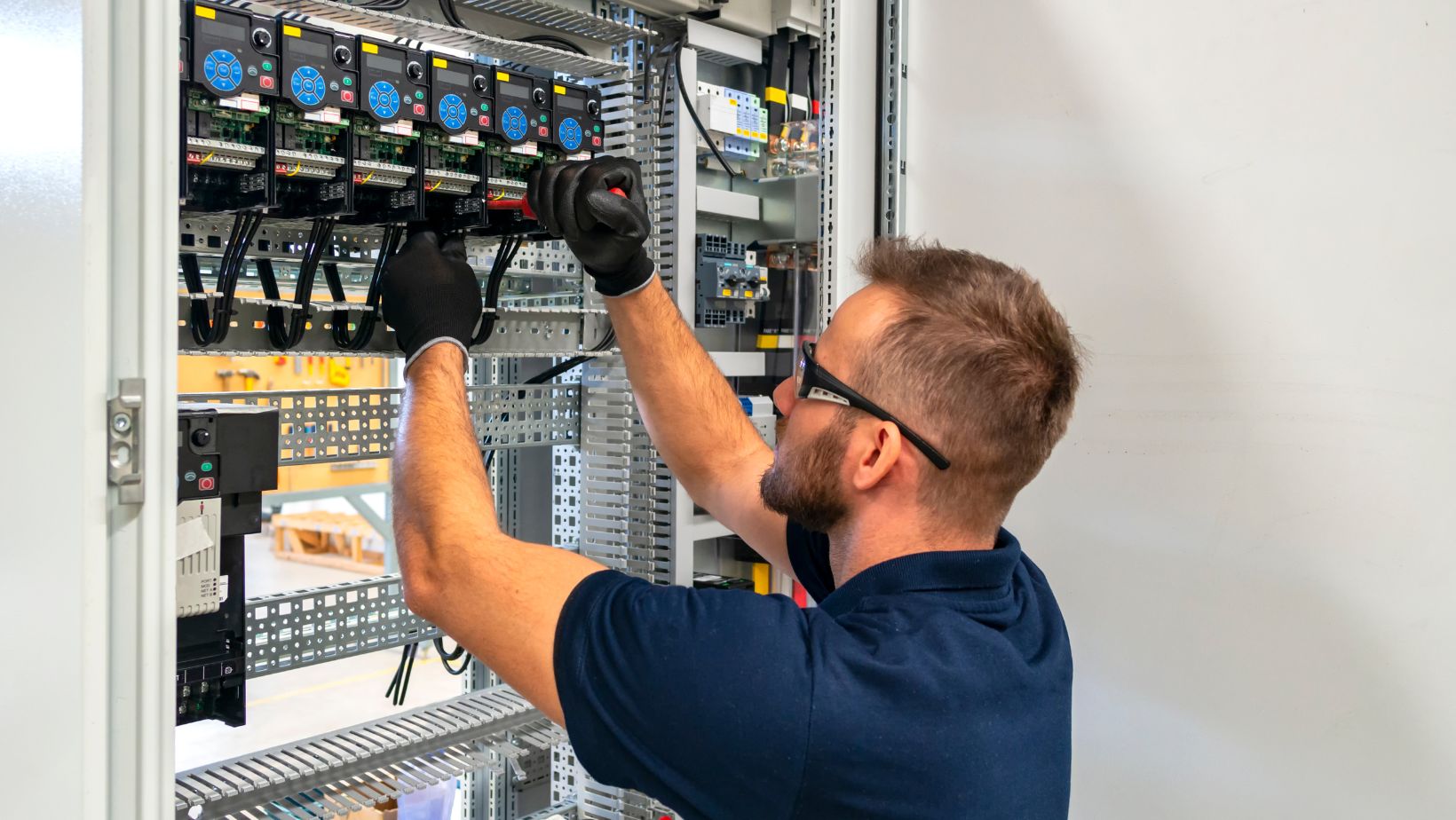Doing your own electrical work can be rewarding and economical, but it also can be dangerous. Even what might seem like minor work, such as switching out a light switch or installing a ceiling fan, poses serious risks if not done safely. Knowing about safety measures and when to contact a professional can help you prevent mishaps. The following are some important safety tips to keep in mind when doing your own electrical work or when it’s time to call a licensed electrician.
Table of Contents
ToggleKnow Your Limits
Recognize your skill and ability level. One of the primary safety tips is knowing your skills. Because the wiring for an electrical system can be confusing, and getting it wrong can mean that you end up with injury, fire, or permanent damage in your home. If you’re uncertain about any aspect of a project, it’s always best to reach out to a licensed electrician. They are trained for this and know how to safely and efficiently deal with these issues.
Turn Off Power at the Breaker
Remember to turn off the power at the breaker box whenever you start a new electrical project. Even flipping the wall switch to turn off a circuit may not be adequate, as there can still be live electricity at that location. Verify that the wires are de-energized before handling. Such a simple precaution can save you from one of the most deadly shocks. It’s just always better to be safe and double-check rather than assume the circuit is safe when it’s not.
Use Tools and Equipment
Good tools are the first step to a successful project. Insulated screwdrivers, pliers, and voltage testers are all made to keep you out of contact with live wires. 
Do not use homemade tools, which can intensify the possibility of injury. Rubber-soled shoes and safety glasses can provide some extra protection. A modest investment in the proper equipment can play a significant role in safety.
Understand Electrical Codes
Know your local electrical codes and regulations. Electrical codes are in place to guarantee that installations are safe and performed according to guidelines that eliminate fires and accidents. When you need a permit or the work must be inspected as part of a DIY project, follow the proper channels. An electrician is also familiar with codes and can make sure your work complies with those rules.
Avoid Working in Wet Conditions
Water and electricity don’t mix at all that well. Never try an electric task in humid locations (bathrooms, outdoor areas during rain, etc. The mere presence of moisture poses a potential safety hazard for electric shock. If you need to work in locations that may contain moisture, kill the power, then use ground-fault circuit interrupters (GFCIs) for extra safety.
Keep Your Work Area Organized
A chaotic work area is just an accident waiting to happen. Neatly organize wires, tools, and parts to prevent trips or falls over wires or accidental contact with live circuits. Identify the circuits you are working on, and let others know if a housemate is in. Also, being organized helps in the safe troubleshooting of issues.
Recognise The Right Time to Call in For Professional Help.
Although an experienced homeowner can handle some basic electrical tasks themselves, sometimes, contacting an electrician is a safer bet. If it comes to complicated wiring, breaker panel upgrades, or any project you feel incapable of completing, it’s best to save that job for the professionals. Qualified electricians have the expertise, equipment, and skills to complete these projects safely and effectively.
Conclusion
Doing some electrical work yourself can be satisfying and save you money, but make sure that safety is your priority. 
By knowing your limits, cutting off power or using proper tools (Codes permit!), and keeping the workspace safe, you can cut down on accidents. Whenever a project looks like it might be dangerous or complicated, call in a licensed electrician. You owe it to yourself, if nothing else, not to mention your family and home.






